Food Truck Insurance
As a food truck vendor, you prepare and serve food that comes with certain operational risks. Our food truck insurance protects your business from everyday risks, so you can focus on keeping your customers happy. Get a quote and buy insurance online in under five minutes.
4.7 rating
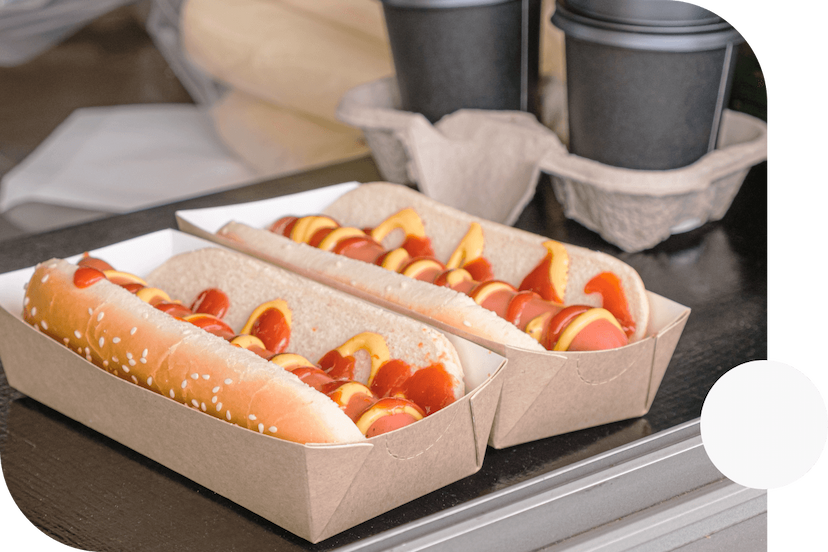

APOLLO and Gallagher Partner to Protect Your Business
We've partnered with Gallagher, one of Canada's leading insurance brokers, to provide insurance designed for businesses and business professionals. Get professional liability, general liability, and/or contents insurance designed specifically for your profession.
Get Insurance in 3 Easy Steps


Choose a convenient payment plan that suits you best.

Get your policy documents in your inbox instantly.
3 Kinds of Coverages Included in Our Food Truck Insurance

Professional Liability Insurance
Professional liability insurance for food truck owners covers legal fees and damage award costs if a customer accuses your business of negligent, unsatisfactory, or misrepresented services. This remains true regardless of whether you're liable or not.

General Liability Insurance
General liability insurance for food trucks guarantees coverage if third parties claim they faced bodily injury or property damage as a result of your operations. General liability insurance can cover medical bills, replacement costs, and legal fees.

Contents Insurance
Content insurance for food trucks provides replacement costs for lost or damaged business property resulting from an unexpected event. If your equipment and tools are damaged or stolen due to a fire, bad weather, theft, or other events, your insurer can cover you on a replacement cost basis.
Food Truck Owners Offer a Valuable Service to Their Community
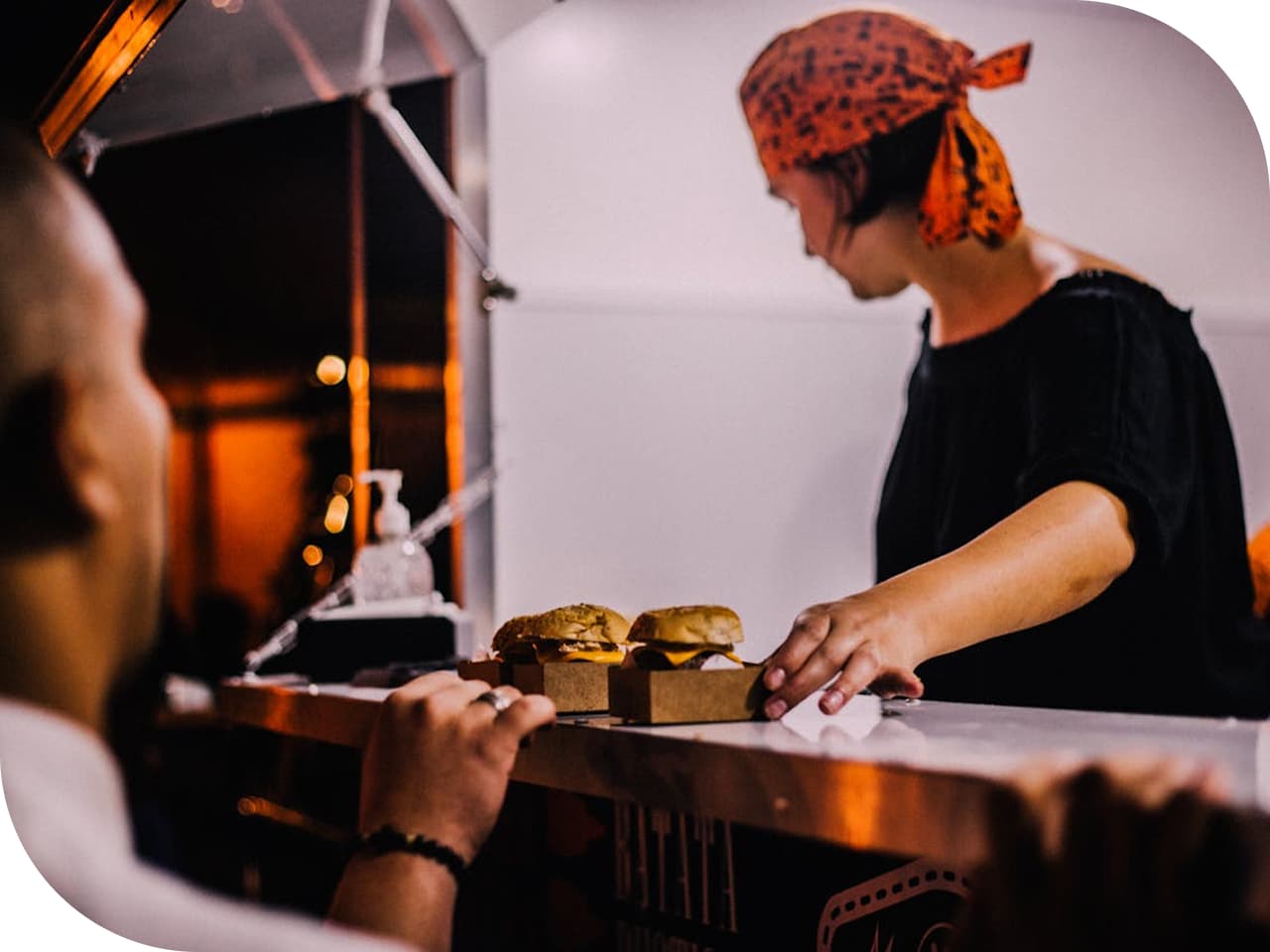
As a food truck owner, you’re a professional in the mobile food industry.
You bring flavour, convenience, and creativity to your community, whether you’re parked at a busy festival, a weekly market, or your regular downtown spot. Customers trust you to deliver a great meal safely, and that trust comes with responsibility.
Whether you run a full-service truck, a trailer, or a small cart, there are different types of insurance coverage you need to protect your business, your equipment, and your customers.
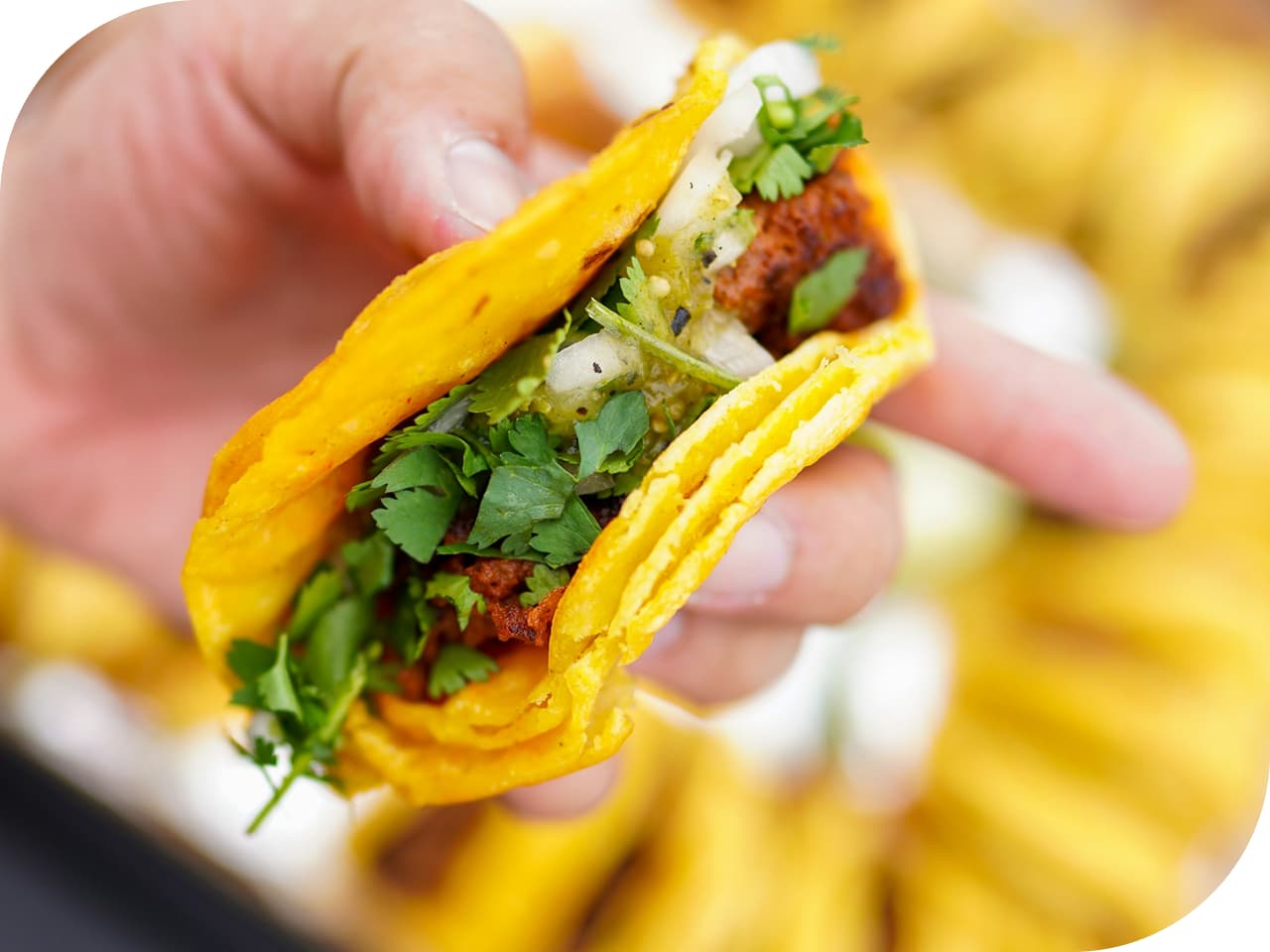
You're not just a cook. You're a business owner.
Insurance is a key ingredient in running a food business. You’re held to strict safety standards and are legally required to perform your duties with a level of care fitting your expertise.
The right coverage protects you so you can keep serving up what you do best.
FAQs About Food Truck Insurance
What types of insurance do food truck owners need?
Our food truck insurance is made up of a combination of these coverages:
Commercial General Liability: Protects you if a customer or third party claims bodily injury or property damage caused by your operations (e.g., a customer burns their hand or slips near your truck).
Tenants Legal Liability: Covers damage to a rented space, such as a commercial kitchen or storage unit, if you’re legally responsible.
Non-Owned Automobile Liability: Protects you if a vehicle you don’t own but use for your business causes injury or property damage (e.g., an employee’s car used for supply runs).
Legal Liability for Damage to Hired Automobile: Covers damage to a rented vehicle you’re using for business purposes.
Business Contents: Covers tools, equipment, and fixtures (like grills, fryers, fridges, or cash registers) if they’re stolen or damaged by fire, theft, or water damage.
Why can’t I just use my personal auto insurance?
A standard personal auto policy doesn’t cover commercial food truck operations. You’ll need to protect the vehicle itself with food truck insurance, plus additional coverages like general liability and product liability to protect against business risks.
What about foodborne illness or allergic reactions?
These incidents fall under general liability coverage. It helps with legal fees and medical costs if someone gets sick from your food.
How much does food truck insurance cost?
Costs vary depending on your location, services, equipment, and coverage needs. APOLLO offers food truck insurance starting at just $40/month.
Do I need a Certificate of Insurance (COI)?
Yes. Many event organizers, landlords, and cities require proof of insurance before you can operate. With APOLLO, your COI is issued instantly after purchase, so you can keep it digital or print it for events.
Can I customize my policy?
Absolutely. You can adjust coverage limits, add specific protections like Business Contents, and include additional insureds such as event organizers or landlords.
How Much Does Food Truck Insurance Cost in Canada?
Less than you think, and definitely less than the cost of paying for a claim out of pocket.
Most food truck owners can expect to pay between $40 and $100 per month for a comprehensive policy. Your exact cost depends on your coverage needs, where you operate, and the type of food service you provide.
Just like your menu, your insurance should be tailored to your business.
Here's what impacts the cost of your policy:
Where You Operate
Busy festivals? Downtown lunch rush? Seasonal rural fairs?
Your location affects your risk and your rate.
Type of Food & Services Offered
Simple snack menu or full hot meals with deep fryers and grills?
Higher-risk cooking methods can increase premiums.
Coverage Limits
Many event organizers require at least $2M in liability coverage, but you can scale your policy to match your needs.
Vehicle & Equipment Value
From the truck itself to fridges, grills, and generators...
Higher-value assets require higher coverage.
Annual Revenue or Business Size
Solo operator or multi-truck fleet?
More revenue and staff means greater exposure.
Where You Park Your Food Truck Matters
Even though you’re always serving from a truck, your risks change depending on where you operate. Your insurance should reflect that flexibility.
Examples of why it's important to have insurance tailored to where you sell:
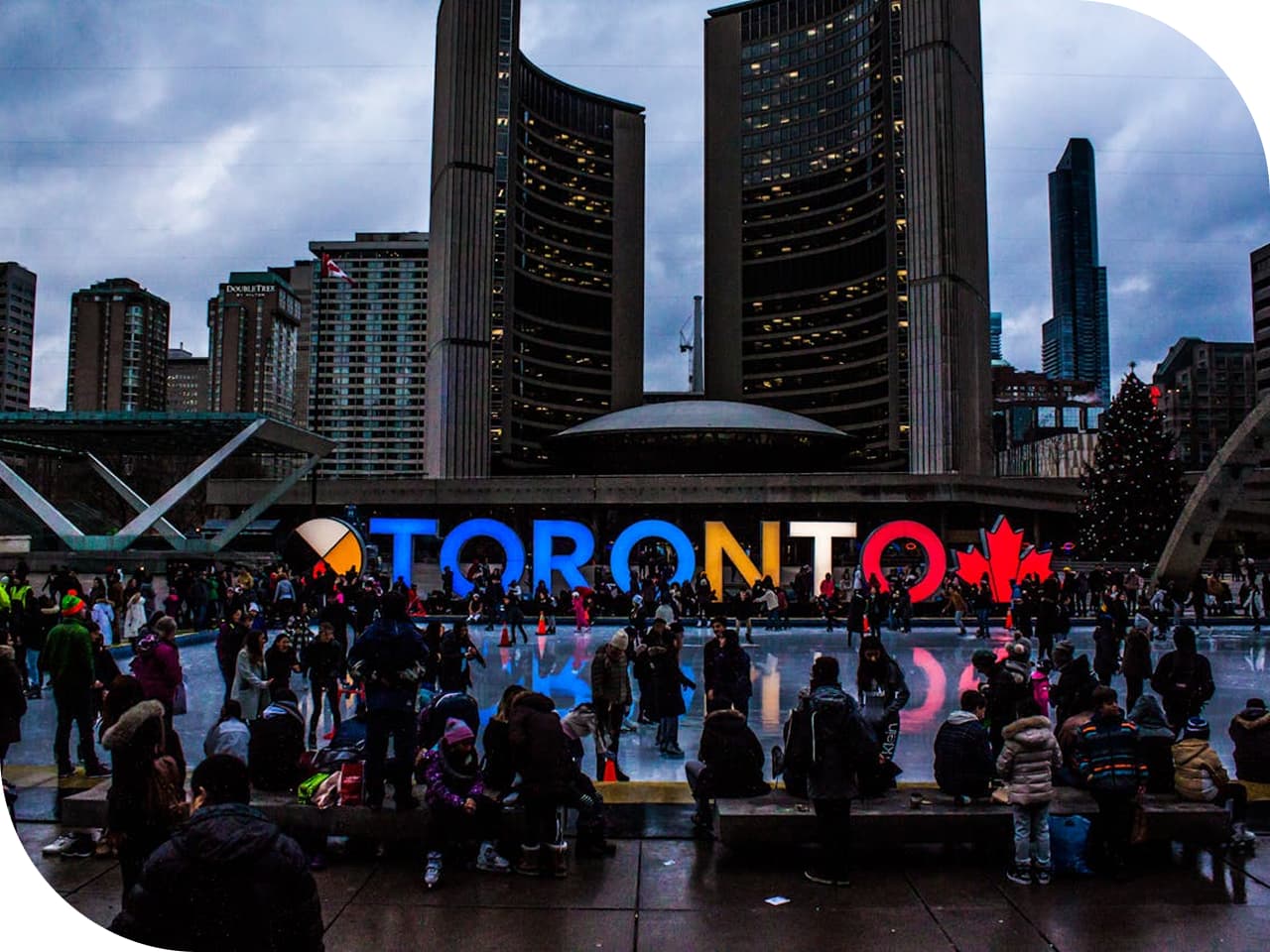
Downtown Events in Major Cities
Urban events mean high foot traffic and tight parking spaces, which can increase the chance of accidents. Festival crowds also bring added risk of spills, burns, or property damage.
Example: A customer trips over your serving ramp during a busy street festival in Toronto and injures their ankle.
Insurance Solution: General liability coverage helps with medical bills and legal fees.

Coastal or Rainy Climate Operations
Serving near the coast or in rainy cities means working in wet, slippery conditions, both for you and your customers. Wet floors, electrical hazards, and water damage to your equipment are real risks.
Example: Heavy rain causes water to seep into your truck’s electrical system, damaging your refrigeration unit.
Insurance Solution: Contents coverage helps repair or replace damaged equipment.

Rural Fairs and Seasonal Markets
Travelling to rural or remote events often means longer drives, unpaved parking areas, and less access to repair services. If your truck breaks down far from home, downtime can be costly.
Example: Your truck’s axle breaks on the way to a weekend fair, forcing you to miss the event.
Insurance Solution: Commercial auto coverage pays for repairs and can help with lost income if you have business interruption coverage.
What Event Organizers & Vendors May Require from Food Truck Owners

Certificate of Insurance (COI)
Proves you have active coverage. Most markets, festivals, and event organizers won’t let you set up without one. With APOLLO, you’ll get your COI instantly after you buy your policy online.

Additional Insured
Event organizers, landlords, or property owners may want to be added to your policy as an “additional insured.” This extends protection to them if a claim is made during your operations.

Minimum Liability Requirements
$2 million in general liability is the standard for most events and venues, but some may ask for more. APOLLO’s policies can scale to match your requirements.
Real Claim Stories We've Helped With
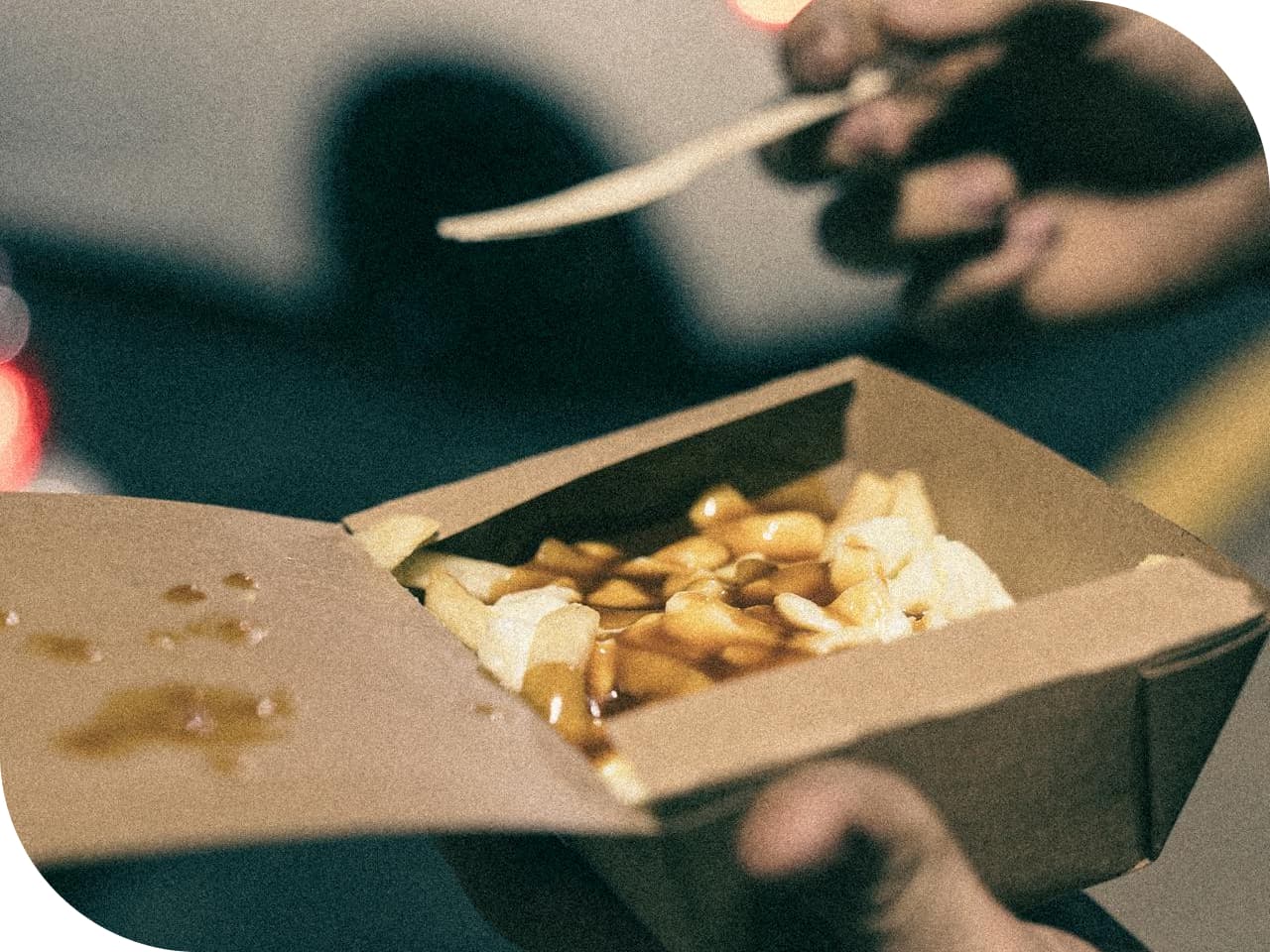
Foodbourne Illness at a Festival
After eating at a gourmet poutine truck at a summer festival in Ottawa, several attendees reported gastrointestinal illness, alleging improperly stored cheese curds were to blame. Three customers sued for medical costs and lost income.
Commercial general liability insurance covered $7,200 in legal defense costs.
It also covered $9,800 in settlements and medical reimbursements.
Total insured loss: $17,000.
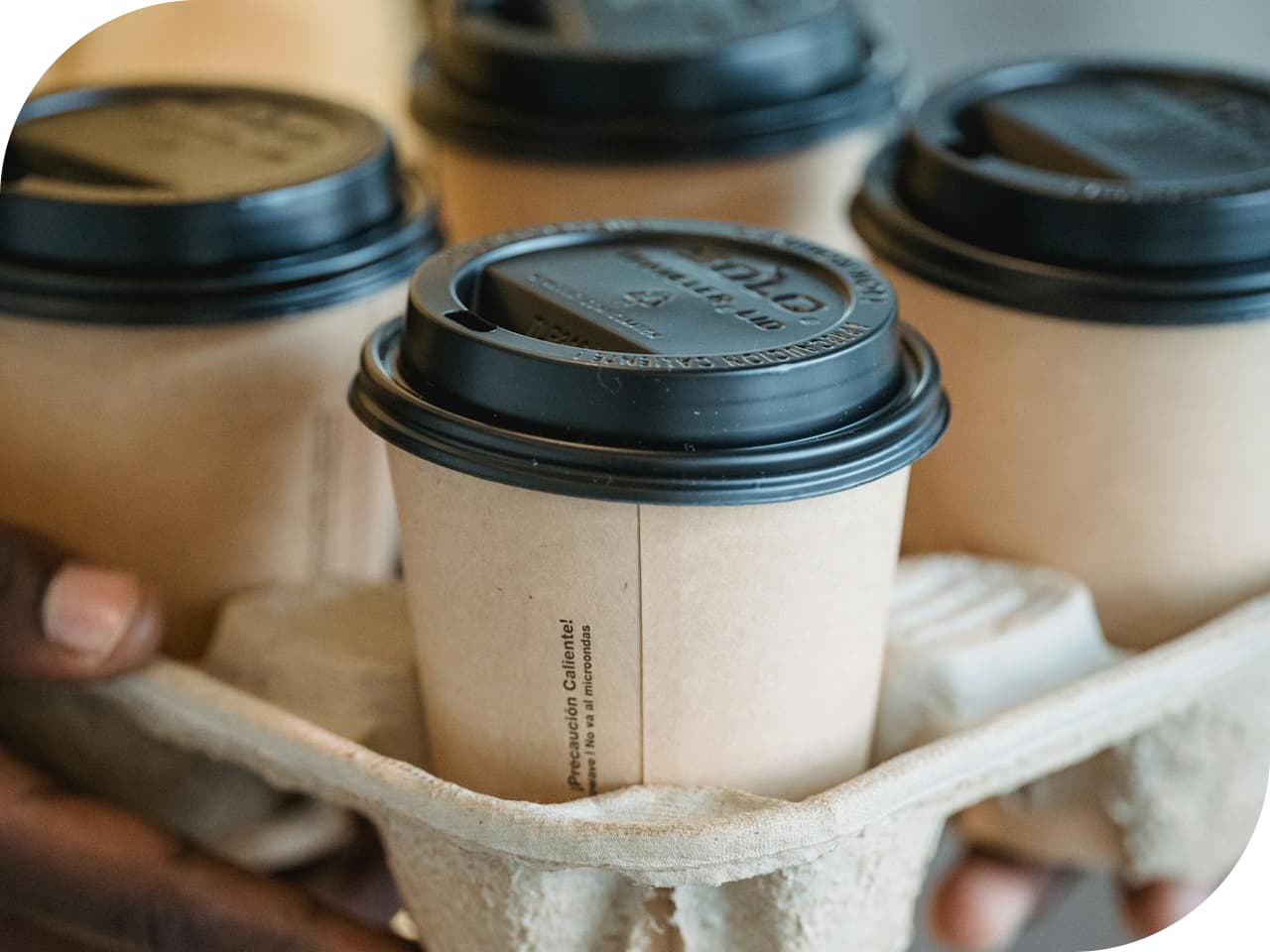
Equipment Loss from Fire
In a coffee and pastry truck in Vancouver, a faulty propane connection caused a small kitchen fire, damaging the espresso machine, generator, and point-of-sale system.
Commercial property insurance covered $14,000 for equipment replacement.
It also covered $3,000 for lost income during repairs.
Total insured loss: $17,000.
Liability Quiz
Am I liable if a customer slips near my truck and gets injured?
Yes, if the injury is caused by your negligence. General liability insurance can help cover medical bills and legal costs.
Am I covered if someone gets sick from my food?
Not without product liability coverage (often included in general liability). This protects you if a customer claims food poisoning or an allergic reaction.
Am I liable if I damage the venue’s property while parking or setting up?
Yes. Tenants legal liability can help if you’re responsible for damage to a rented space or location.
Does my personal auto policy cover my food truck?
No. You’ll need commercial auto insurance or non-owned automobile liability for business-related driving.
Am I covered if my equipment is stolen during an event?
Yes, if you have business contents coverage to protect your tools, appliances, and fixtures.
The Cost of Not Having Food Truck Insurance
Scenario | Out-of-Pocket Cost (Without Insurance) | Covered by Insurance? |
A customer burns their hand on your service window’s hot counter and sues | $5,000–$25,000+ (medical & legal fees) | ✔ General Liability |
A batch of food causes foodborne illness at a festival | $3,000–$15,000 | ✔ Product Liability |
A fire damages your fryer, grill, and fridge | $5,000–$20,000 | ✔ Contents Coverage |
Your truck is involved in a collision on the way to an event | $2,500+ in repairs (plus lost income) | ✔ Commercial Auto |
Your generator and cash box are stolen during a busy weekend | $1,000–$5,000 | ✔ Contents Coverage |
Top 5 Mistakes Food Truck Owners Make (And How to Avoid Them)
1. Assuming your personal auto insurance covers your food truck
A standard auto policy doesn’t cover a commercial vehicle with cooking equipment. You need business contents insurance to protect your truck, your team, and your business.
2. Skipping commercial general liability coverage
Serving food means there’s always a risk of foodborne illness or allergic reactions. Without commercial general liability insurance, you could be paying for medical bills, legal fees, and compensation out of pocket.
3. Forgetting to insure your equipment
Grills, fryers, refrigeration units, and generators can be costly to replace. Contents coverage ensures you can get back up and running quickly after theft, fire, or damage.
4. Not listing event organizers or landlords as Additional Insureds
Many markets, festivals, and leased spaces require you to add them to your policy. It’s an easy step that keeps you compliant and protects your relationships.
5. Thinking insurance is only for “big” food trucks
Even small mobile carts face big risks, from slips and falls to storm damage. If you’re selling food, you’re exposed to liability, no matter the size of your setup.